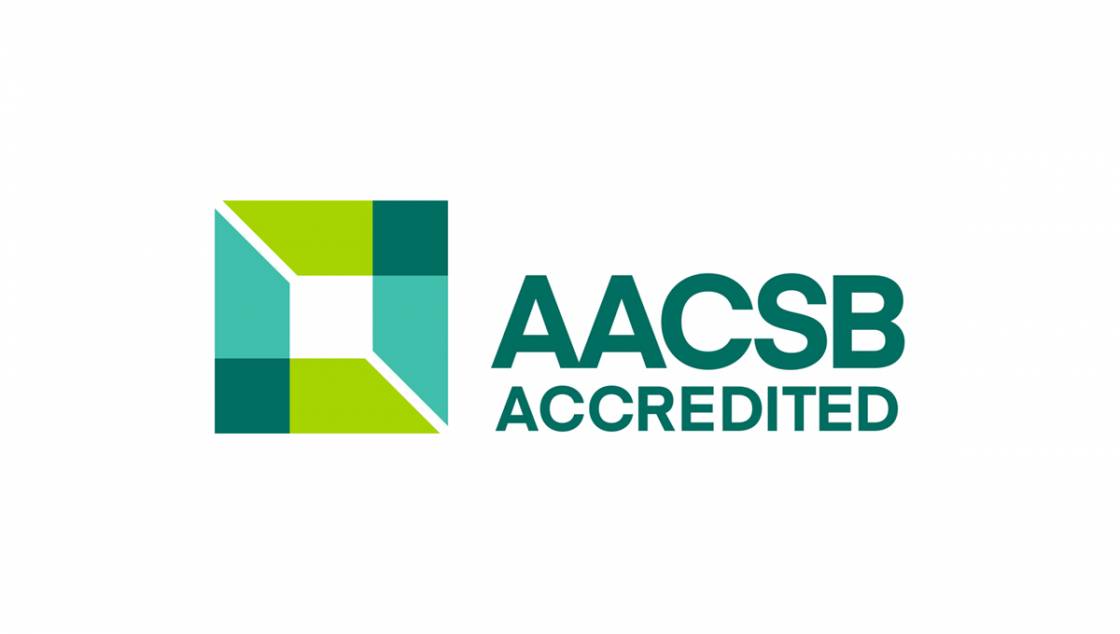Digital Marketing and Analytics MSc
Why choose this course?
In the age of advanced technology, increased digitisation and rapid changes in the digital business environment, few business functions have had to evolve as profoundly as marketing.
This exciting course will equip you with the in-demand skills to make an immediate effective contribution to roles within digital marketing and analytics.
You will develop a strategic and practical understanding of value creation, customer relationship management and marketing communications – among other key marketing practices – through the lens of digital. You will explore the impact that big data, automation, AI and emerging technologies have on businesses' abilities to influence consumer and marketing decisions.
Please note: this course is still subject to validation. Some course information may not be available at this time.
| Mode | Duration | Start date |
|---|---|---|
| Full time | 1 year | September 2025 |
| Full time | 2 years including professional placement | September 2025 |
Please note: This course is still subject to validation.
| Main Location | Kingston Hill |
Reasons to choose Kingston University
- Kingston Business School is one of only 5% of the world's business schools to be accredited by AACSB International.
- Hear best practice from experts at companies such as Coca-Cola, Samsung, TikTok, Royal Mail and John Lewis.
- You will develop in-demand skills in the ever-changing and growing world of digital marketing.
About the Department of Strategy, Marketing and Innovation
The Department of Strategy, Marketing and Innovation comprises passionate and enterprising academics from a diverse range of backgrounds. Our undergraduate and postgraduate qualifications bring together research, practitioner insights and teaching expertise in the disciplines of marketing, international business, entrepreneurship, strategy and innovation.
Our courses are truly experiential, providing you with opportunities to undertake company visits, attend networking events and hear best practice from industry guest speakers.
Kingston Business School Accreditations
Kingston Business School holds the prestigious international accreditation by the AACSB (Association to Advance Collegiate Schools of Business) in recognition of the excellence of its business education. This accreditation has been earned by just 5% of the world's business schools and recognises the high quality and standard of our business degree offerings.
After you graduate
You will graduate ready for a wide range of roles, such as:
- Digital marketing manager/strategist
- Social media marketing manager
- Web analyst
- Content marketing manager
- Search marketing strategist.
You may also decide to continue your studies at Kingston University through doctoral research. Many marketing graduates decide to use the skills they have learned to set themselves up in business.
Specialist careers support
You will take part in an Assessment Centre Experience, providing the opportunity to experience the pathway to employment with tailored feedback to help develop your employability skills for the world of graduate employment.
- Develop your understanding of the jobs market, including current trends and opportunities, different recruitment processes and how to identify relevant roles
- Receive personalised feedback reports to help you to improve and progress
- Access additional webinars on top tips, employer expectations and best practice

Kingston Business School: be who you want to be
What you will study
All modules are underpinned by current theory, utilising the latest research and developments from the field of marketing. There are also opportunities to apply theory to case studies and in a live business context. Through integrated tasks and workshops, industry links and networking opportunities, you will expand your professional network and enhance your CV.
At Kingston Business School we lead
Teaching and assessment
Fees for this course
Additional costs
Depending on the programme of study, there may be extra costs that are not covered by tuition fees which students will need to consider when planning their studies. Tuition fees cover the cost of your teaching, assessment and operating University facilities such as the library, access to shared IT equipment and other support services. Accommodation and living costs are not included in our fees.
Where a course has additional expenses, we make every effort to highlight them. These may include optional field trips, materials (e.g. art, design, engineering), security checks such as DBS, uniforms, specialist clothing or professional memberships.
Course changes and regulations
The information on this page reflects the currently intended course structure and module details. To improve your student experience and the quality of your degree, we may review and change the material information of this course. Course changes explained.
Programme Specifications for the course are published ahead of each academic year.
Regulations governing this course can be found on our website.





